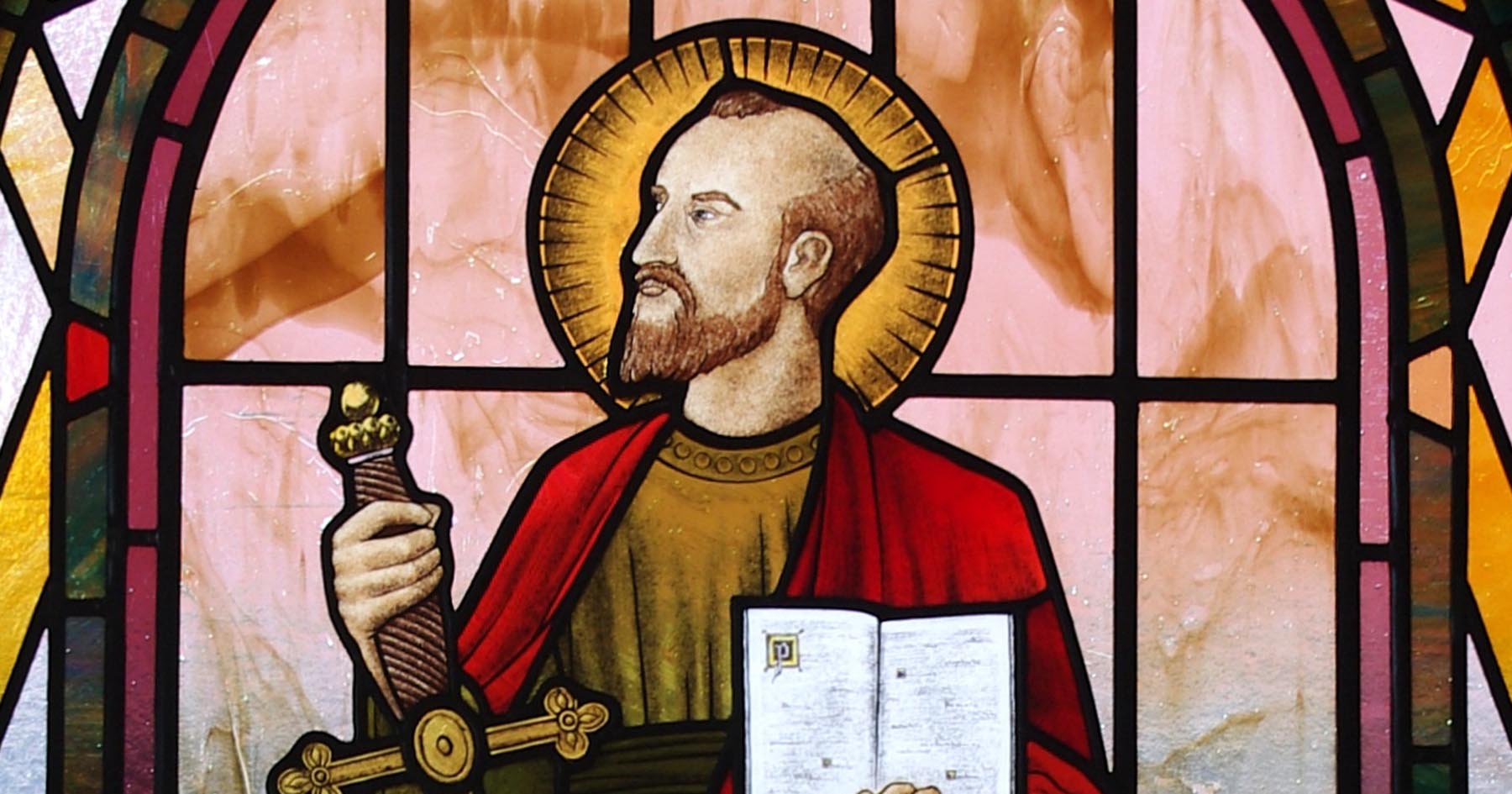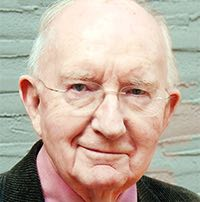It is fascinating to see how many of the therapies of our time have much in common, though their language seems to differ. For instance, it is commonplace to say that what we are thinking is very much connected with — and very much affects — our general health. This insight is actually a very old one and is expressed in different forms, some linked to Eastern traditions, some from the classical world and some from Christian spirituality.
We are all only too aware that many of the realities we live in are replete with ugliness, darkness, fear, anxiety and other shadows of the mind. We are also very much aware that we do not deal with them adequately by trying to anaesthetize ourselves against them — something which our contemporary culture is only too ready to help us with. If we are wise, we try to emphasize, as much as possible, those elements of life that at best encourage and strengthen us, or give us a sense of beauty or goodness, or indeed even make us smile.
This short simple reflection came to mind because I have just read a letter written a long time ago to a community in what was then — twenty-two centuries ago — a small fishing village at the eastern end of one of the great highways that crossed the Roman Empire — the Via Egnatia. The villagers were among the very first Christians, and they were visited by a brilliant and dynamic leader of the still very new spiritual movement, Paul of Tarsus.
In the course of that letter, Paul wrote what may have been from his own thinking or from one of the many Greek poets and philosophers of the time:
Whatsoever things are true,
Whatsoever things are honest,
whatsoever things are just,
whatsoever things are pure,
whatsoever things are lovely,
whatsoever things are of good report;
if there be any virtue,
and if there be any praise,
Think on these things.
After twenty-two centuries, it’s still a very good idea, don’t you think?




